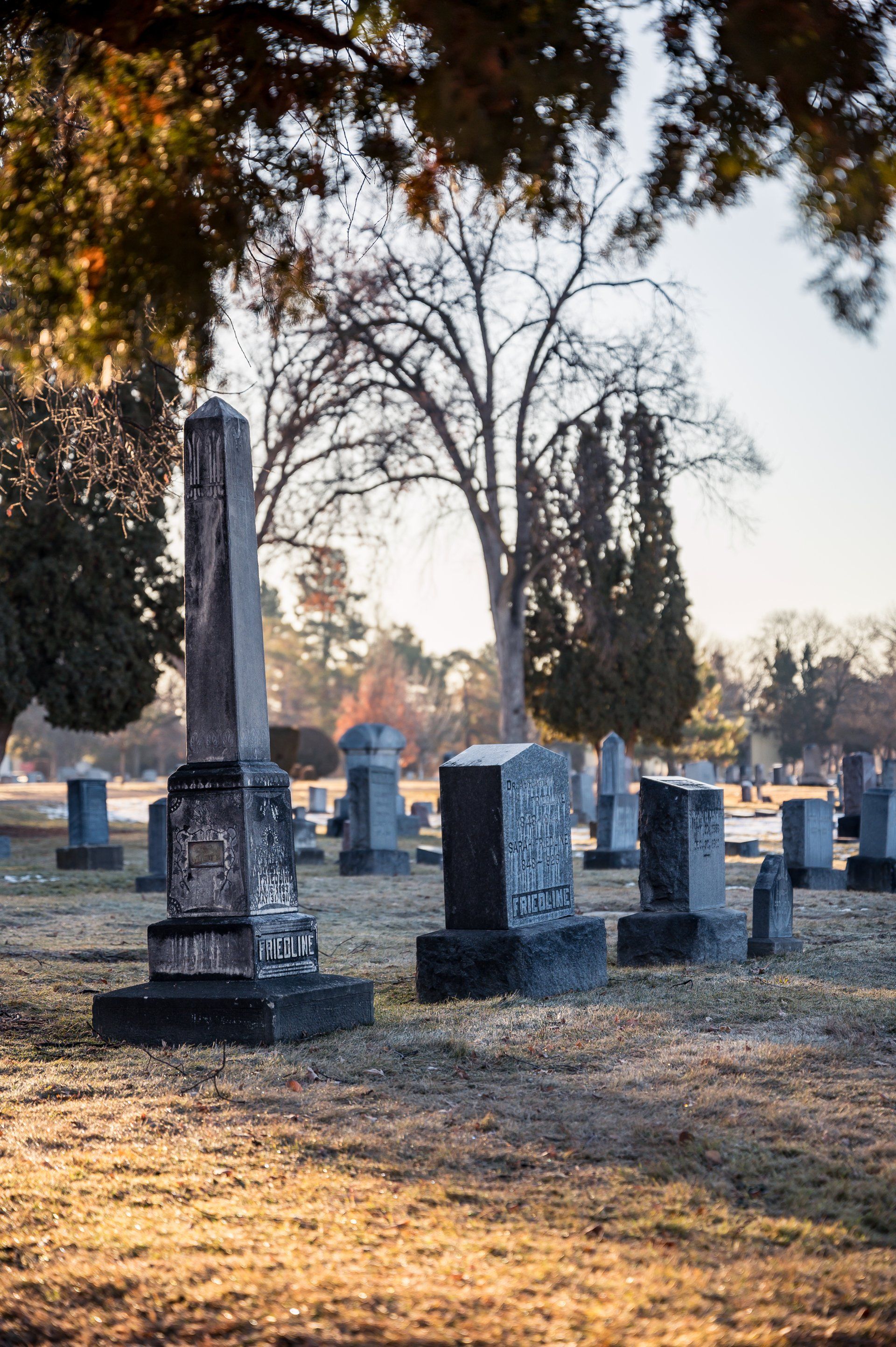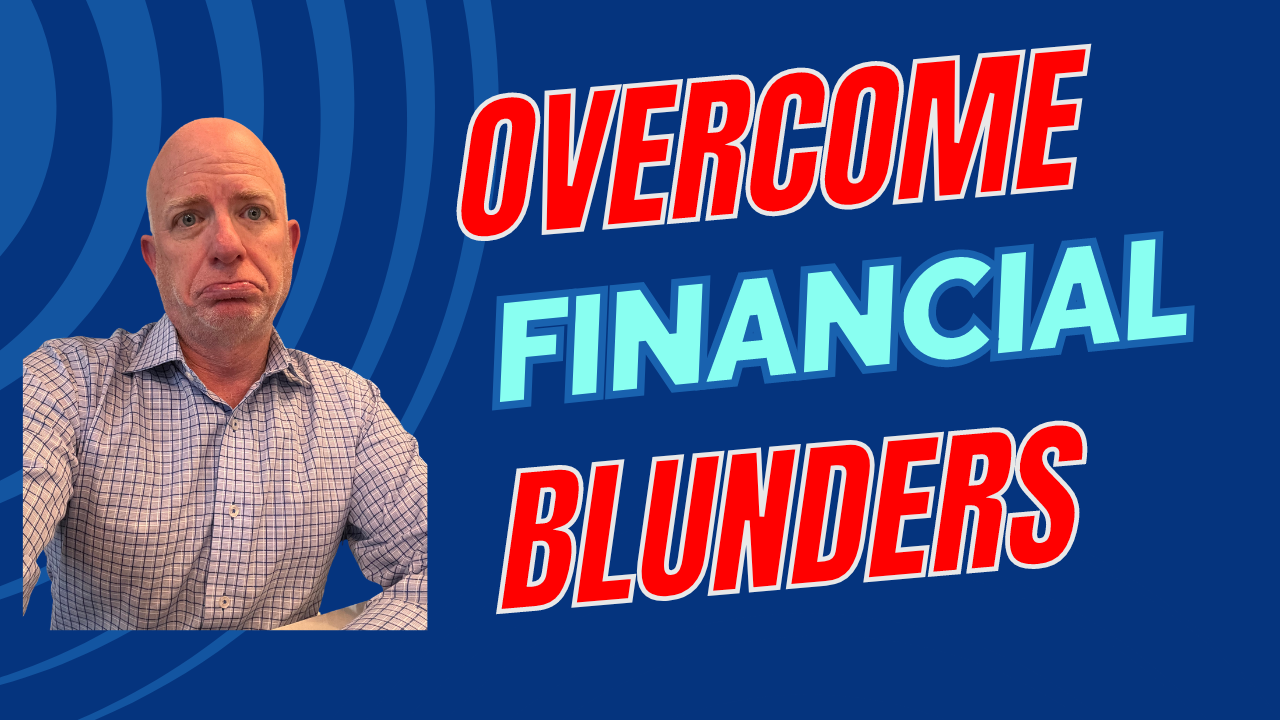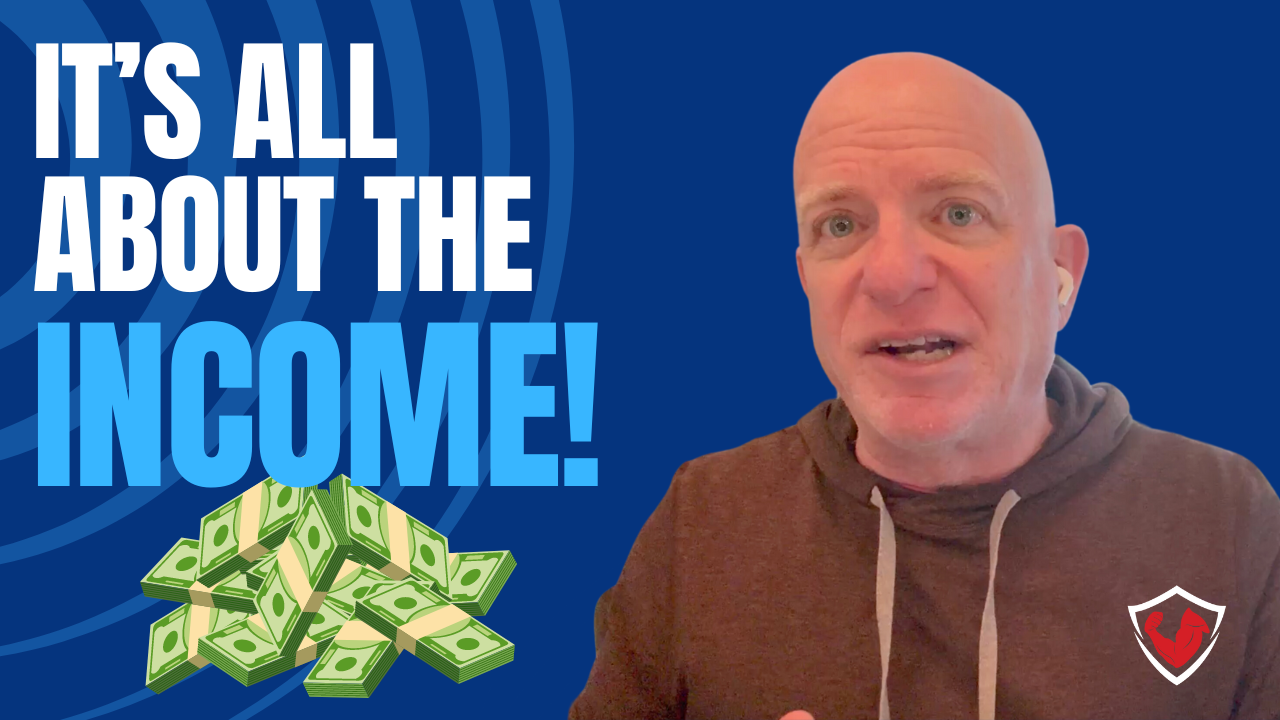Is regret a useful emotion?
Those in philosopher community (Nietzsche and Thoreau) weigh in but what do you think?
You might also like


Contact us
We will get back to you as soon as possible
Please try again later
KEEP IN TOUCH
Sign up and get all info you need to create financial safety, simplicity and STRENGTH in retirement!
Sign up to our newsletter
Thank you for contacting us.
We will get back to you as soon as possible
Oops, there was an error sending your message.
Please try again later
Business Info
Address: 1821 Walden Office Square, S-400, Schaumburg, IL 60173
Phone: 312-617-8936
Email: darryl@MySECURiMENT.com
Make An Appointment
Investment advisory services offered through Brookstone Capital Management, LLC (BCM), a registered investment advisor. BCM and Rose Advisory Group are independent of each other. Insurance products and services are not offered through BCM but are offered and sold through individually licensed and appointed agents. The content of this website is provided for informational purposes only and is not a solicitation or recommendation of any investment strategy. Investments and/or investment strategies involve risk including the possible loss of principal. There is no assurance that any investment strategy will achieve its objectives. Fiduciary duty extends solely to investment advisory advice and does not extend to other activities such as insurance or broker dealer services. Advisory clients are charged a monthly fee for assets under management while insurance products pay a commission, which may result in a conflict of interest regarding compensation. Any comments regarding safe and secure investments, and guaranteed income streams refer only to fixed insurance products. They do not refer, in any way to securities or investment advisory products. Fixed Insurance and Annuity product guarantees are subject to the claims‐paying ability of the issuing company and are not offered by BCM. Index or fixed annuities are not designed for short term investments and may be subject to caps, restrictions, fees and surrender charges as described in the annuity contract.
All Rights Reserved | SECURiMENT™ Wealth Management

